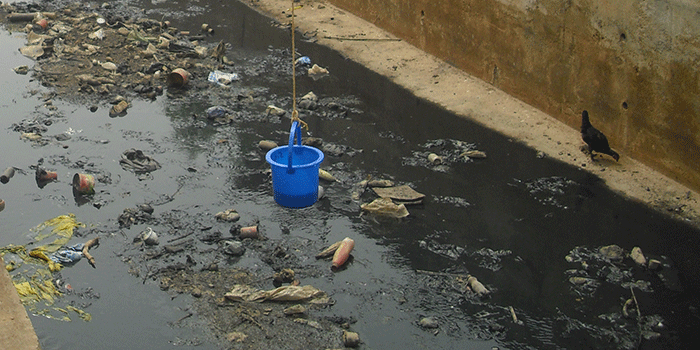In collaboration with the World Health Organisation (WHO), the Technical University of Denmark (DTU) has launched a new project involving the analysis of the world’s waste water.
The project, entitled COMPARE, aims to reveal how many pathogenic micro organisms and antibiotic-resistant bacteria the global population have in their bodies.
“The project will reveal the possibilities of a quick and relatively affordable method of generating large amounts of data from all over the world,” said Frank Møller Aarestrup, a professor at the National Food Institute at DTU.
“The project could help pave the way for a paradigm shift within disease surveillance.”
The results could lead to the development of a new surveillance system that can be used to uncover and prevent infection diseases and provide important information in the battle against resistant bacteria, viruses and parasites.
READ MORE: DTU gets 150 million donation for new research centre
Limited knowledge
According to WHO, some 58 million people die every year and more than every fourth death is due to an infection illness.
At the moment, there is limited information available regarding the global prevalence and infection rates of illness and resistance, and the DTU project will analyse waste water from over 70 areas around the world.
Waste water systems are an important source for pathogenic micro organisms in densely-populated urban areas with poor infrastructures.
The data could in future be used to tackle diseases that threaten to spread quickly across borders and develop into pandemics such as Ebola, polio, measles, cholera or antibiotic resistant bacteria.















